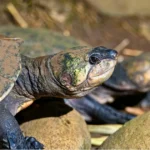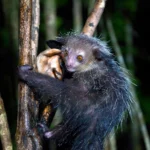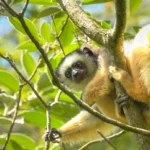In 2023, a pivotal year for Ankarafantsika National Park in Madagascar, the landscape of forest conservation began to shift. Facing formidable challenges such as fires, deforestation, and poaching, the primarily deciduous dry forests of Ankarafantsika found hope in the form of local conservation organization FOSA Association. The recent success of FOSA underscores the effectiveness of community-led initiatives in saving vital ecosystems like Ankarafantsika.
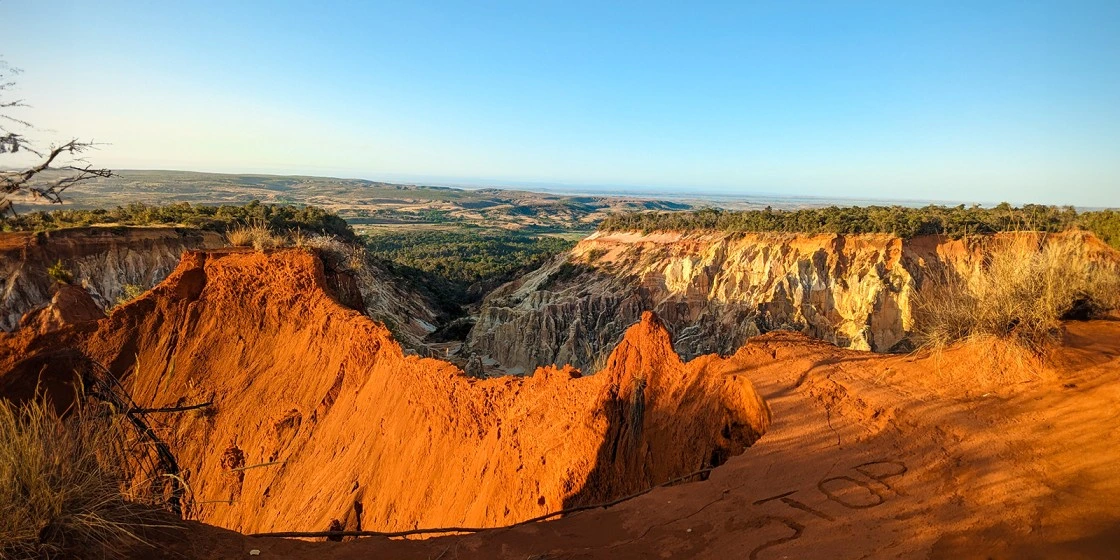
Ankarafantsika National Park has long suffered from rampant wildfires (started by humans), selective logging, illegal palm frond collecting, and agricultural expansion. It is home to hundreds of endemic and threatened species, including the Critically Endangered Coquerel’s Sifaka. Amidst the pressures faced by Ankarafantsika’s wildlife, collaborative efforts between FOSA and key organizations including Madagascar National Park (MNP), Durrell Wildlife Conservation Trust , and Planet Madagascar have begun yielding promising results for forest conservation of the area. This collaborative approach ensures a comprehensive and multi-faceted strategy to address the diverse array of threats facing Ankarafantsika’s forests.
FOSA’s origins are forged from 25 years of research and conservation efforts by the local community around Ankarafantsika National Park under the guidance of Distinguished Professor Luke Dollar of Catawba College, and with the support of Conservation Allies. FOSA is driven by local residents who care about their National Park, showcasing a unique blend of grassroots activism, science-based conservation actions, and strategic partnerships.
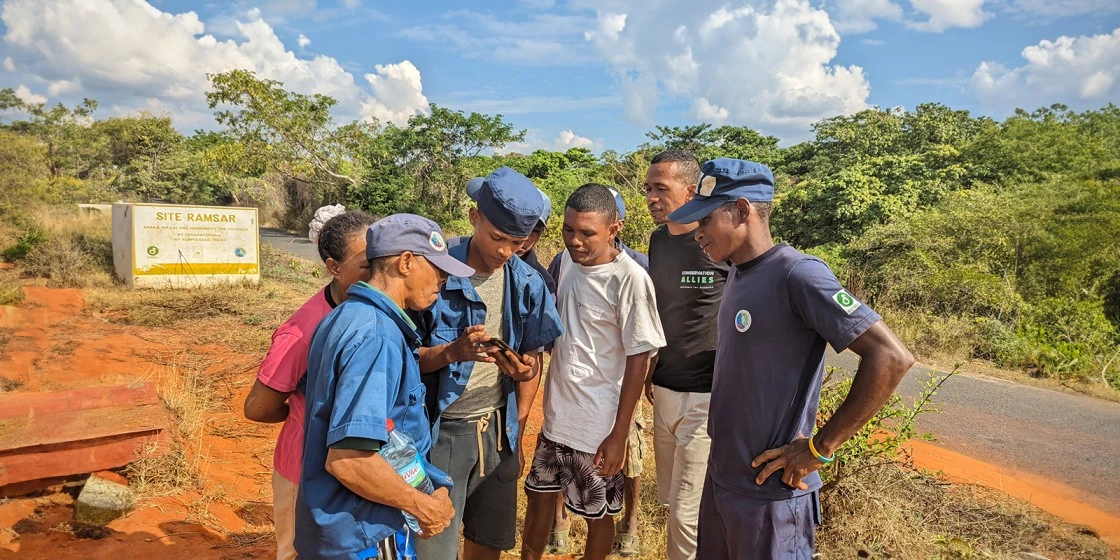
FOSA originally focused on research and monitoring of the unique and highly threatened Fossa (locally known as “Fosa”) which is the largest mammalian carnivore on Madagascar and looks like a small cougar, led by Prof. Dollar. The association has expanded its scope to incorporate research, education, and patrols, including the establishment of women’s associations, a notable inclusion in Madagascar’s conservation landscape.
With a primary emphasis on wildlife conservation, FOSA collaborates closely with MNP to combat threats such as forest fires, illegal logging, and habitat destruction. Their approach is characterized by intimate knowledge of the land, proactive patrolling efforts, youth engagement, and community outreach initiatives.
Utilizing new technologies, including conservation drones and real-time satellite reports of deforestation and fires, FOSA and Conservation Allies staff identified the origin of wildfires that were ravaging the area. By using data analysis to improve patrol techniques, FOSA has been able to identify and apprehend more illegal activities within the Ankarafantsika, leading to significant progress in curtailing logging, wildlife poaching, and other abuses of nature.
FOSA has led a majority of the forest patrols in Ankarafantsika since 2022, positioning them as the major force defending the National Park. The effectiveness of FOSA’s forest patrols has greatly strengthened protective efforts of the Park and assisted MNP and other entities. FOSA’s nimbleness and community-led approach have enabled them to overcome challenges, allowing them to make swift and tangible progress in Ankarafantsika’s forest conservation.
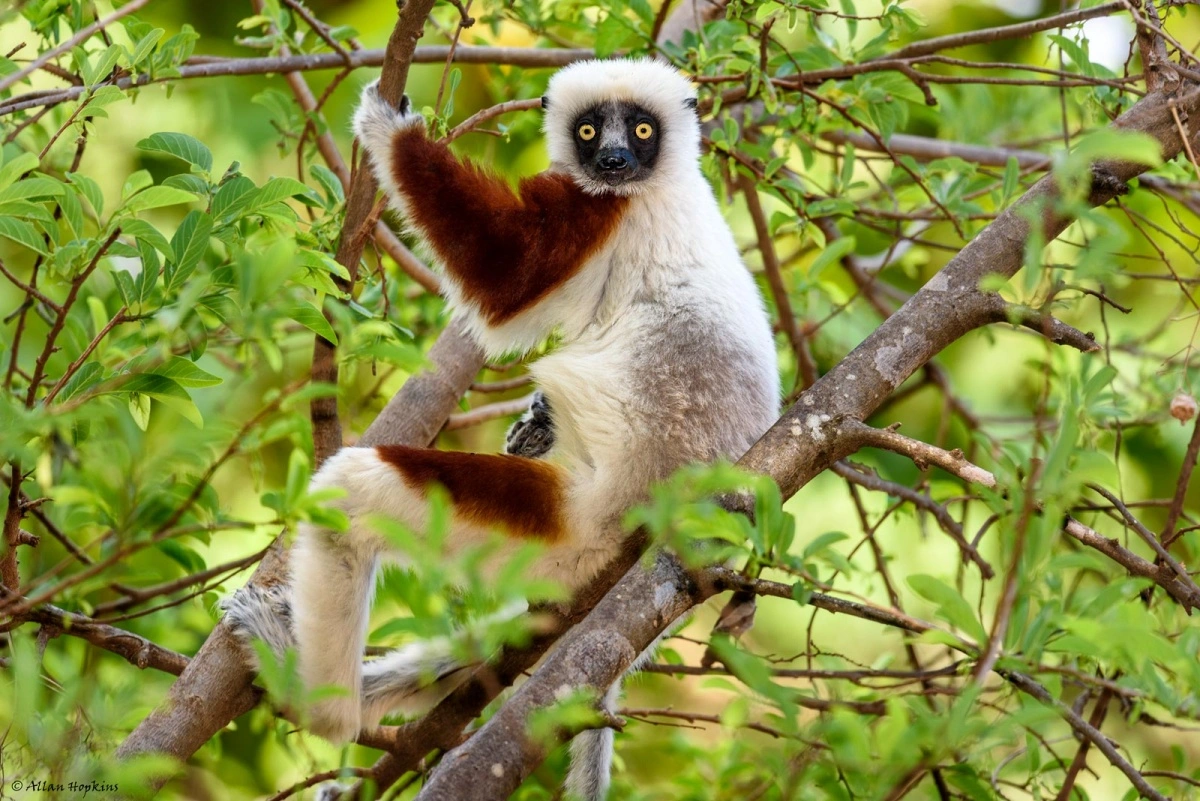
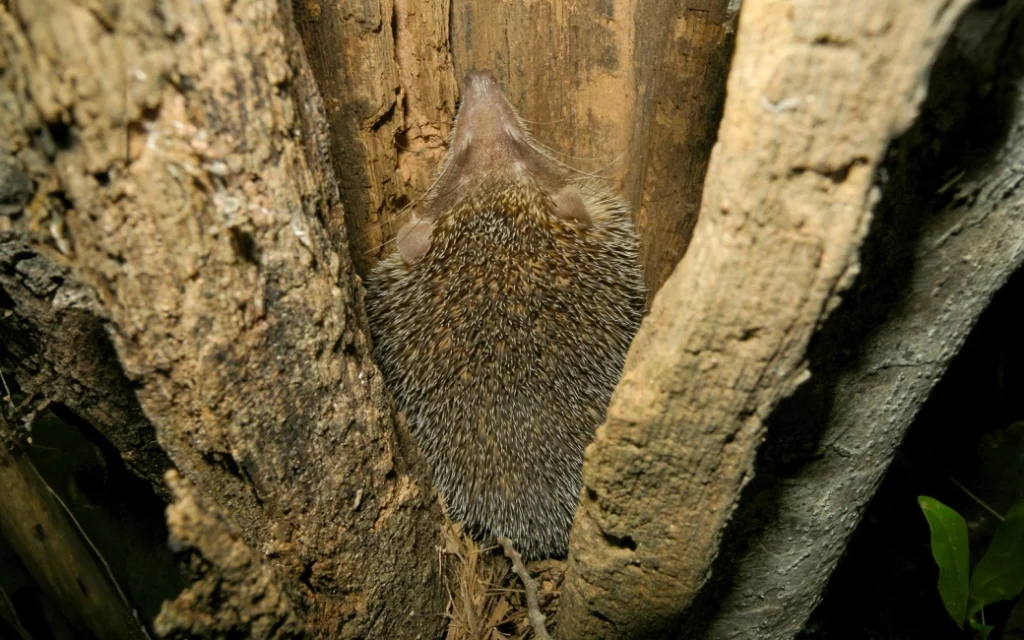
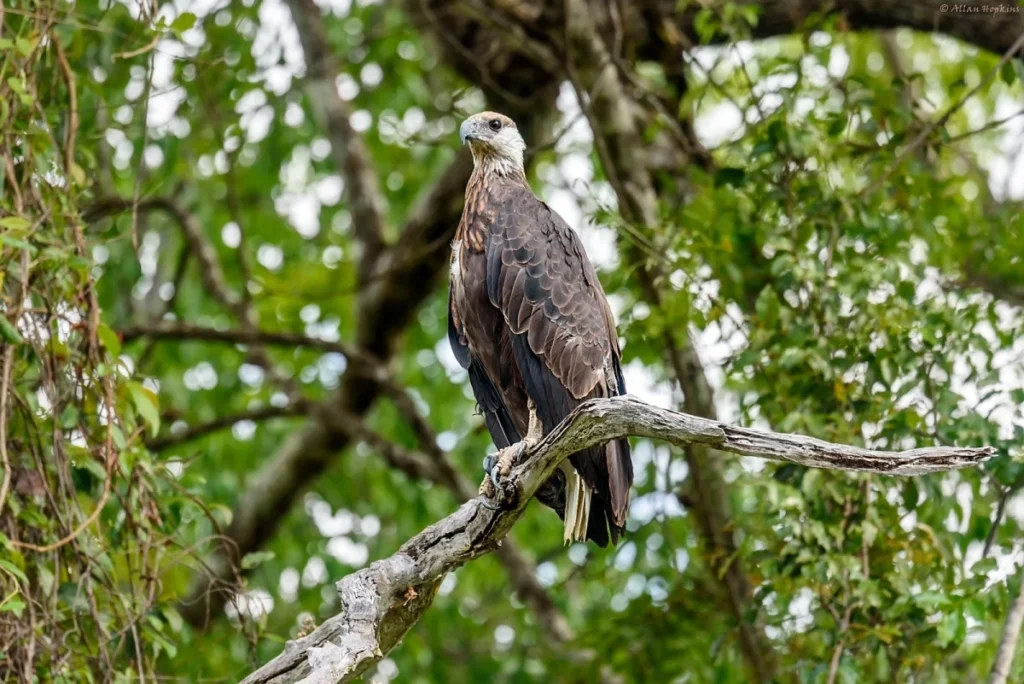
A notable shift observed in 2023 was the growing sense of respect local community members showed towards FOSA’s forest patrol teams. Their work has fostered a sense of ownership and responsibility among locals for forest conservation. Additionally, the simple fact that FOSA is present in the area has begun to noticeably deter people from engaging in illegal activities that previously often went unchecked.
FOSA has become an example of what a community-based approach to conservation can achieve for National Parks. Their work has encouraged collaboration amongst other conservation non profits, innovation, and community engagement to safeguard the precious forest ecosystem of Ankarafantsika for future generations. By building on the successes of FOSA, Ankarafantsika stands poised to serve as a beacon of hope and resilience in the global fight for forest conservation.

